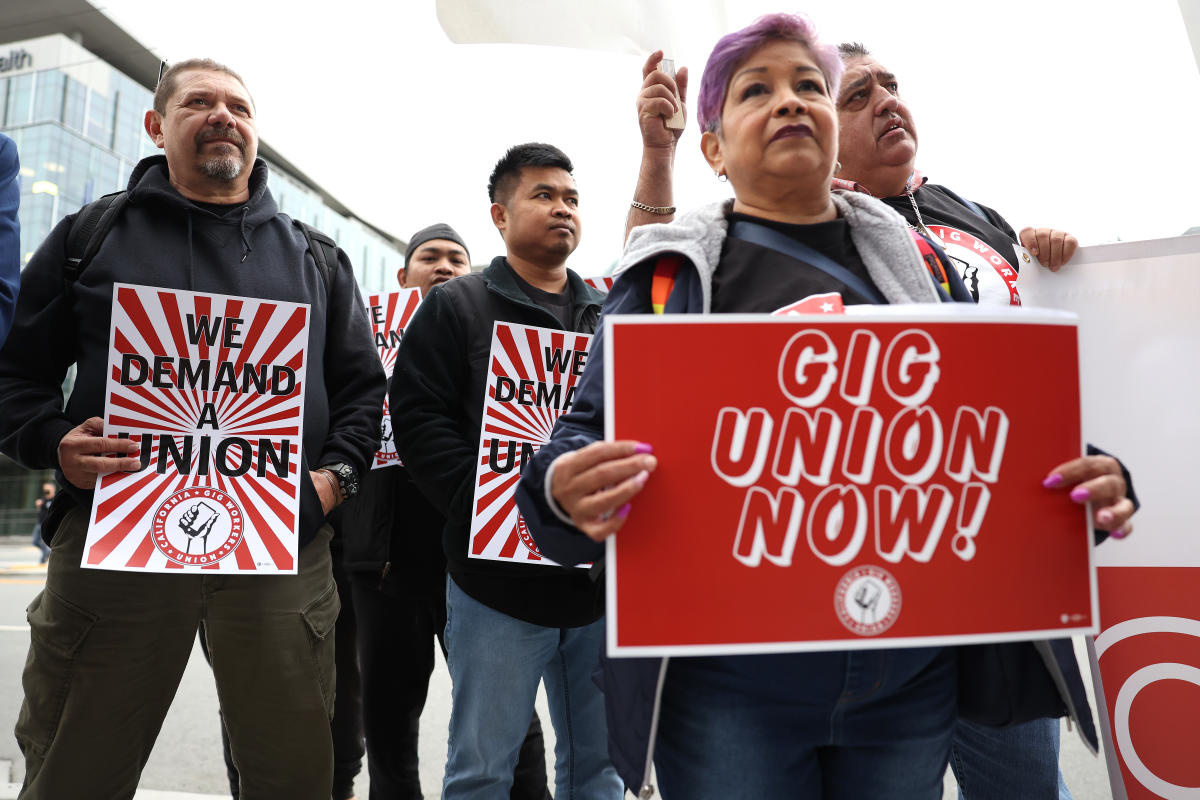California Supreme Court Upholds Gig Worker Classification: A Win for Ride-Share Companies

California Supreme Court Ruling
The California Supreme Court has delivered a crucial decision regarding the classification of gig workers, affirming their status as independent contractors. This ruling is deemed a major victory for companies such as Uber, Lyft, and DoorDash, which have heavily invested in the gig economy model.
Background of Proposition 22
In 2020, California voters approved Proposition 22, a measure that aimed to protect gig companies from having to classify drivers as employees. This initiative was backed by approximately $200 million in funding from various ride-share and delivery companies.
Implications of the Ruling
- This decision sustains the existing gig economy model in California.
- It impacts the rights and benefits of numerous gig workers.
- The ruling could set a precedent for other states evaluating gig worker classifications.
Conclusion
The California Supreme Court's ruling reinforces the position of ride-share companies and their operational structure, ensuring that the model of classifying workers as independent contractors remains intact. This outcome has significant implications for the gig economy landscape.
This article was prepared using information from open sources in accordance with the principles of Ethical Policy. The editorial team is not responsible for absolute accuracy, as it relies on data from the sources referenced.